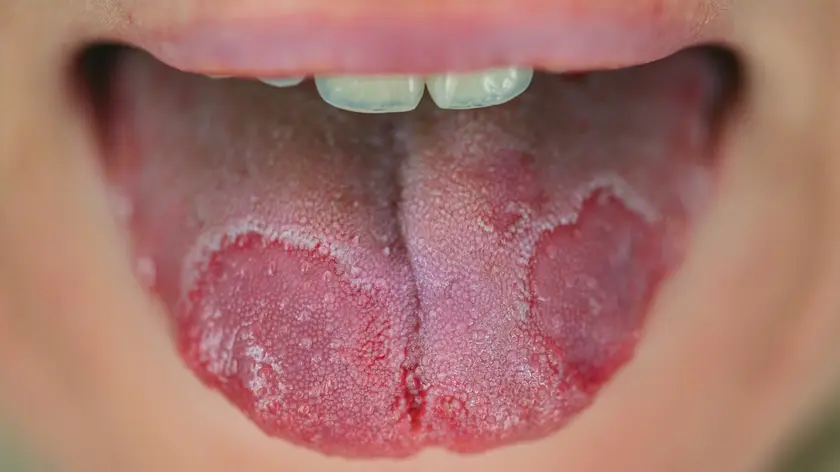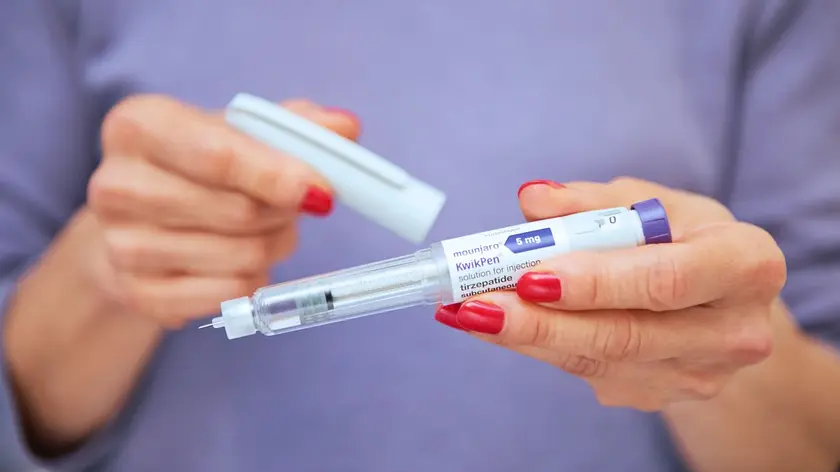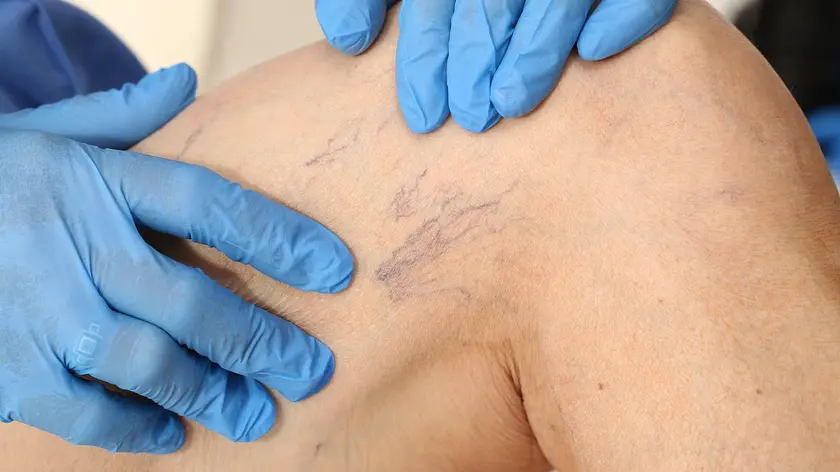T4K3.news
Dr Ellie Cannon health Q&A
A health Q&A covers tongue health menopause care and NHS access issues.

A Q and A with Dr Ellie Cannon covers crusty tongue patches menopause treatment costs blood pressure and NHS access to obesity drugs.
Dr Ellie Cannon tackles tongue health menopause care NHS access
Dr Ellie Cannon addresses several health questions in a wide ranging weekly column. She explains that crusty white patches on the tongue have a few common causes, including mouth ulcers thrush geographic tongue and lichen planus. New patches should be reviewed by a GP or dentist, and ulcers typically heal within two weeks. If a lesion lasts longer it can indicate more serious problems, including mouth cancer, particularly for people who smoke or drink heavily. Thrush or a yeast infection can also cause crusty patches and is usually treated with anti fungal drops or gel available over the counter. In some cases geographic tongue or lichen planus explains unusual patch patterns, and both conditions can be managed by good oral hygiene and avoiding irritants like spicy or acidic foods and smoking.
On menopause symptoms the cream form of oestrogen offered for vulvar and vaginal dryness can be bought without a prescription, but price and access vary. Dr Cannon notes that NHS prescriptions can lower a patient’s cost through a fixed charge and prepayment certificates, making long term use more affordable. Nalvee a newer tablet that provides progesterone alongside oestrogen may reduce vaginal bleeding and the need for invasive tests, but it is one option among several. When patients cannot find these products at a chemist they are advised to check large chains or order online, while those with repeated purchases may benefit from an NHS prescription pre payment certificate which covers many medicines for a year.
Shifts in blood pressure monitoring are also highlighted. Readings can naturally rise in the morning and during visits to a clinic, so home monitoring or wearing a 24 hour cuff can give a more accurate average. Doctors may adjust medication doses or suggest lifestyle changes such as reducing salt intake and increasing activity. The column also touches on access to obesity drugs like Mounjaro, which remain tightly controlled by policy and budget. Some patients who pay privately for these injections are advised to switch back to NHS funded options as prices rise, a situation that reflects broader tensions between cost containment and patient need in the health system.
Key Takeaways
"New patches on the tongue should be checked by a GP or dentist"
Dr Ellie on tongue health
"Affordable care should not hinge on finding a bargain at the chemist"
Editorial take on access to treatment
"Morning blood pressure readings vary, home monitoring offers the most accurate picture"
BP monitoring guidance
"NHS access to weight loss jabs tests policy budget and patient patience"
Commentary on NHS drug access
The piece shows how medical guidance travels from the clinic to the policy floor. It underlines a common tension in modern health care: patients want effective, timely treatment but face cost and access constraints shaped by budgets and politics. By layering tongue care, menopause therapies, and chronic disease management into one Q and A, the article spotlights how everyday health decisions are affected by policy levers and pharmacy availability. It also reveals a trend toward home based monitoring and over the counter options, which can ease clinic demand but raise questions about equity and safety for vulnerable groups.
Looking ahead, the column suggests that clearer pricing paths and simpler access to menopause and obesity treatments would help patients navigate a fragmented system. The responsibility falls on policymakers to balance safety with affordability while clinicians provide clear practical guidance. The overall tone is pragmatic rather than dramatic, urging patients to seek professional care when needed while pushing for fairer, more predictable access to essential therapies.
Highlights
- Tongue patches deserve a proper check not guesswork
- Affordable care should not depend on finding a bargain at the chemist
- Morning BP swings are common; home monitoring reveals the real picture
- NHS access to weight loss jabs tests policy budget and patient patience
NHS access and cost concerns over menopause and obesity treatments
The article highlights cost barriers and policy limits for treatments like HRT and obesity drugs raising concerns about patient access and potential backlash.
Health care should be clear enough to guide patients through complexity without breaking the budget.
Enjoyed this? Let your friends know!
Related News

Dairy intolerance may lead to night terrors

Patients face challenges in accessing Mounjaro and Wegovy on the NHS

Health care gaps surface in medical Q&A

New treatments for thread veins announced

Toenail care and care choices

Liver cancer cases could double by 2050

Study Reveals Early Signs of MS Emerge Years Prior to Diagnosis

Online hate speech resembles personality disorder language
